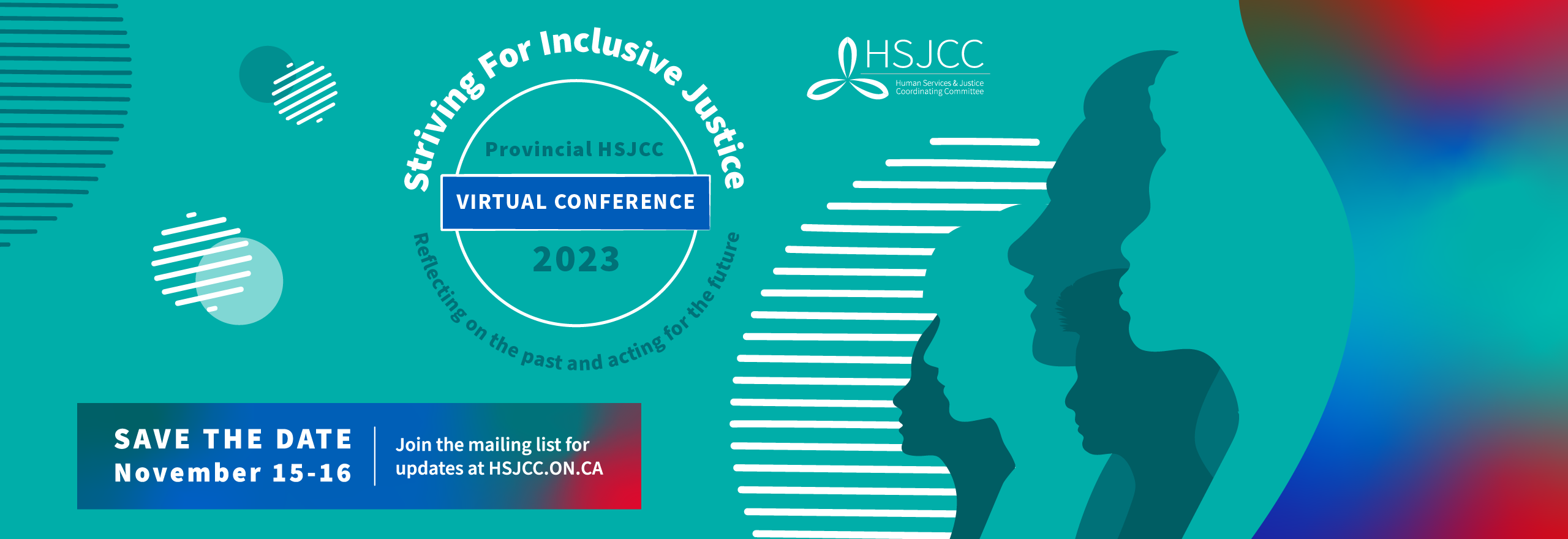A Needs Assessment for Planning Mental Health and Justice Housing – 2019-11-04
For people with justice involvement and mental health or addictions issues, supportive housing can foster stable lives, better health, and reduced service use. But who sets priorities when needs are complex and multiple service systems are involved? CMHA Toronto and
A Safe Place to Land – Bridging the Gap Between Custody and Secure Housing – 2019-11-05
This presentation explores the efficacy and advantages of maintaining and sustaining housing for Indigenous individuals being released from custody. Together, the Canadian Mental Health Association – Sudbury/Manitoulin and the N’Swakamok Native Friendship Centre manage an eight month transitional housing unit
Housing, Mental Health and Justice – Webinar – 2019-03-28
For decades, people with no fixed address have entered and left correctional facilities, yet there have been limited housing solutions available to them. The complex factors leading to criminal justice involvement, the multiple entry and exit points, the high prevalence
Living and Dying on the Streets: The Social Determinants of Palliative Care – Webinar – 2021-03-16
Dr. Trevor Morey is a palliative care physician with the PEACH team (Palliative Education and Care for the Homeless) an outreach team that provides palliative and end of life care for people experiencing homelessness in Toronto, Ontario. He also is
Supportive Housing within the Circle of Addiction Care – 2019-11-04
This presentation will explore the relationship between CAMH’s Drug Treatment Court program and LOFT Community Services – Mental Health and Justice Supportive Housing. The presenters will discuss the failures and victories, the benefits of having a staff member with lived


